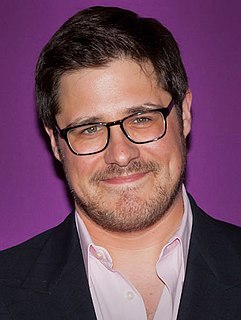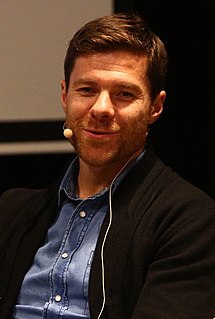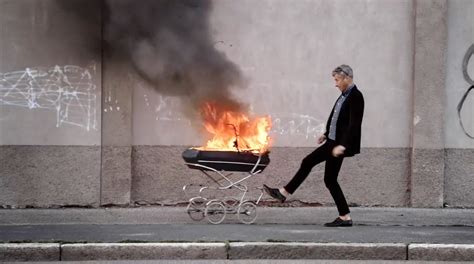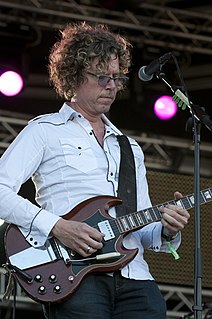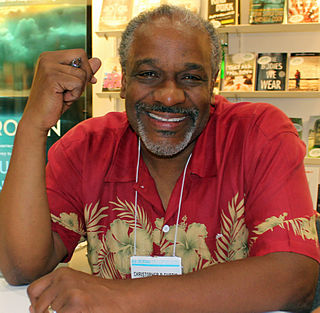A Quote by T. S. Eliot
What profession is more trying than that of author? After you finish a piece of work it only seems good to you for a few weeks; or if it seems good at all you are convinced that it is the last you will be able to write; and if it seems bad you wonder whether everything you have done isn’t poor stuff really; and it is one kind of agony while you are writing, and another kind when you aren’t.
Related Quotes
It's no good. I've been trying to sleep for the last half-hour, and I can't. Writing here is a sort of drug. It's the only thing I look forward to. This afternoon I read what I wrote... And it seemed vivid. I know it seems vivid because my imagination fills in all the bits another person wouldn't understand. I mean, it's vanity. But it seems a sort of magic... And I just can't live in this present. I would go mad if I did
The work that I've gotten in the hiatuses seems to indicate that I will have a little more work after 'Mad Men' than I did when I was scraping by while I was temping in New York, but who knows? People very easily could be like, 'Meh, we're done with that. We've got Jon Hamm. We're good without the weird one with glasses.'
Bad acting, like bad writing, has a remarkable uniformity, whether seen on the French, German, or English stages; it all seems modeled after two or three types, and those the least like types of good acting. The fault generally lies less in the bad imitation of a good model, than in the successful imitation of a bad model.
I studied Comparative Literature at Cornell. Structuralism was real big then. The idea of reading and writing as being this language game. There's a lot of appeal to that. It's nice to think of it as this playful kind of thing. But I think that another way to look at it is "Look, I just want to be sincere. I want to write something and make you feel something and maybe you will go out and do something." And it seems that the world is in such bad shape now that we don't have time to do nothing but language games. That's how it seems to me.
I never like the question about letter grades, but I think Trump is failing. I think that every day there's another set of tweets and another set of controversies, and nothing seems to be getting done that's any good. And there seems to be kind of a policy paralysis in Washington. Even the appointments he's supposed to make as a new president, so I focus most of all on climate, and so my opinion of his time as president is certainly influenced by my opinion of the job he's done on climate. He's tried to move the country in the wrong direction.
The lyrics seem to follow the music, and that's usually how I write. I write more about what comes out of my mouth while I'm writing the chords, and that seems to work better than filling up notebooks of what I think is really cool poetry, and try to put it on a song. That usually sounds like it's taped on.
There's one good thing about getting in trouble: It seems like you do it in steps. It seems like you don't just end up in trouble but that you kind of ease yourself into it. It also seems like the worse the trouble is that you get into, the more steps it takes to get there. Sort of like you're getting a bunch of little warnings on the way; sort of like if you really wanted to you could turn around.
With the advent of this kind of TMZ culture, it sadly seems to have infiltrated the vanguard of film commentary. I see these reviews sometimes where I think, well, you have a right to say whatever you want about my work, and I will listen whether it's good or bad and see if there's something that I might work with, but personal issues don't have a place in film commentary.
The sublime moment seems to be only a product of allowing yourself to get through, to get to a lot of stuff in your life, write about a lot of stuff and not edit yourself. That is a great lesson to learn for anybody that writes or creates in anyway, to be able to make something without being good or bad.



